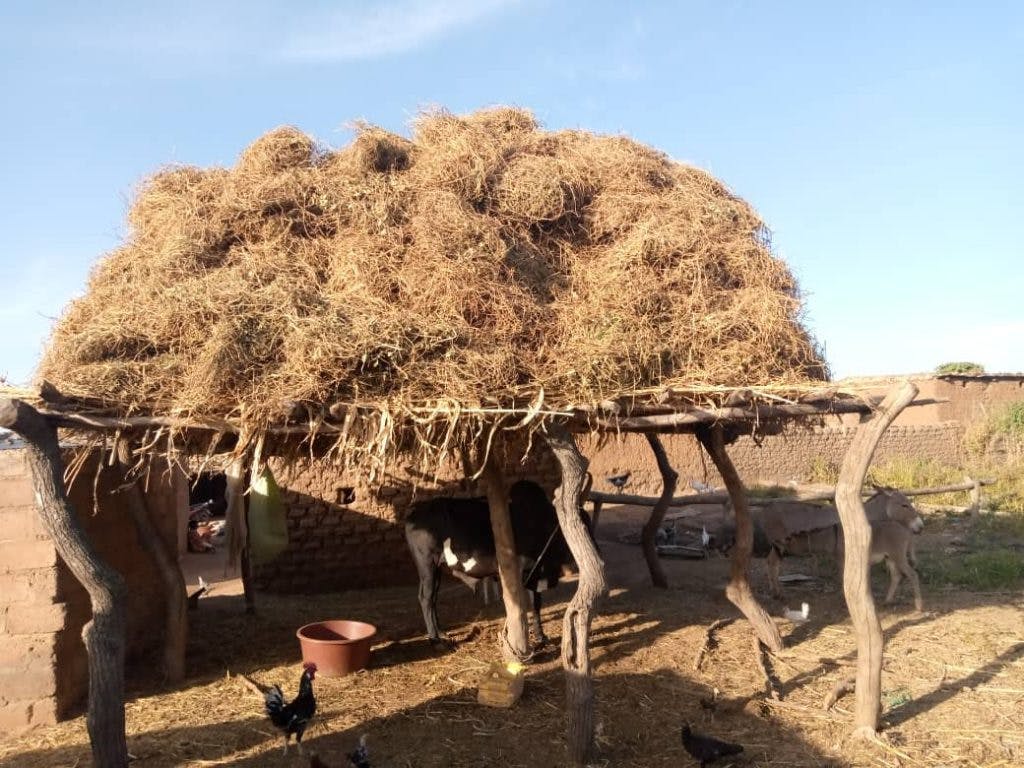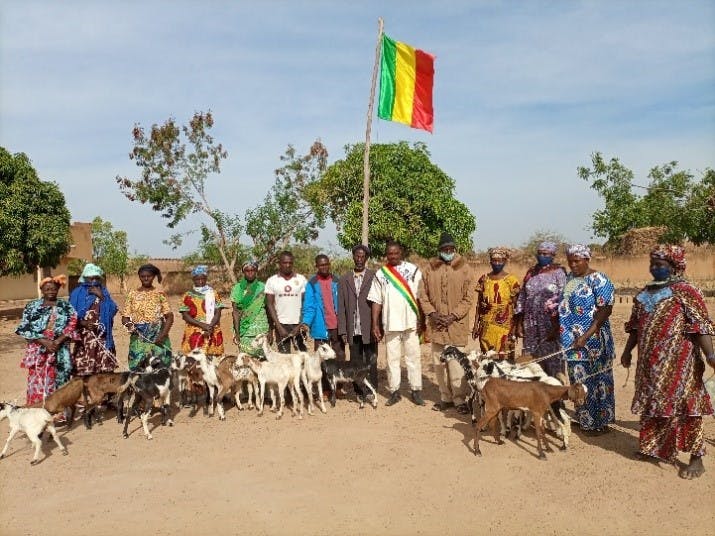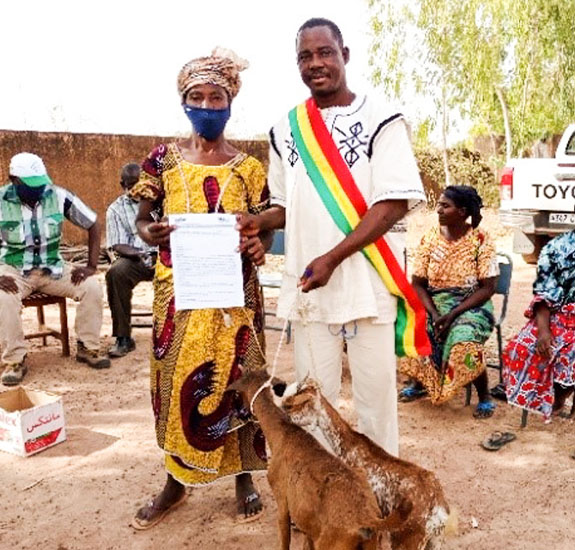Editor’s Note: This blog is the second in a three-part series for Earth Day 2021, with the theme “Three Days of Climate Action.” The first post focused on youth, and today’s post will focus on education. Read more below!Educators and educational institutions play an important role in preparing students to understand and take action on interdisciplinary topics like environmental protection and climate change. But in Mali, a country where Rise Against Hunger works to improve food security, few people achieve more than elementary education. Women represent 62% of the agricultural workforce in Mali, but only 26% of Malian women are literate (Source: UNESCO). Additionally, Mali is a country facing enormous environmental challenges. 34% of the country is used for agriculture, while the remaining land is primarily arid or desert (Source: USAID).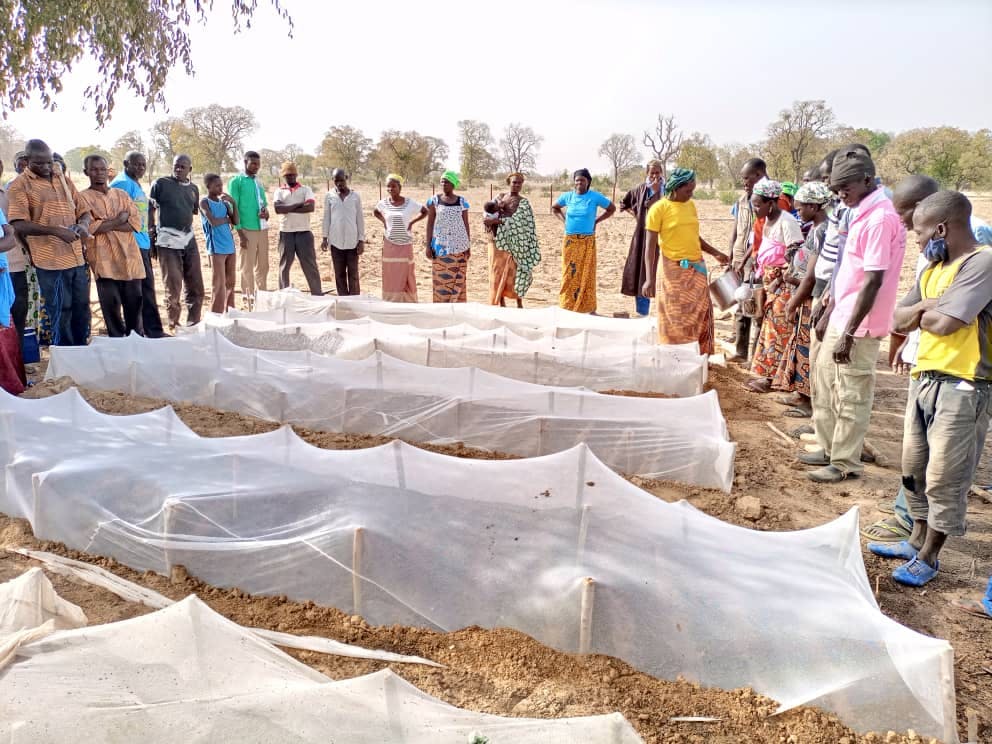 In such a context, how can women and youth gain access to the information and skills necessary to care for the environment and overcome food security challenges? Rise Against Hunger and our partner, Association Malienne d’Eveil au Développement (AMEDD), have answered this question with a few effective techniques.
In such a context, how can women and youth gain access to the information and skills necessary to care for the environment and overcome food security challenges? Rise Against Hunger and our partner, Association Malienne d’Eveil au Développement (AMEDD), have answered this question with a few effective techniques.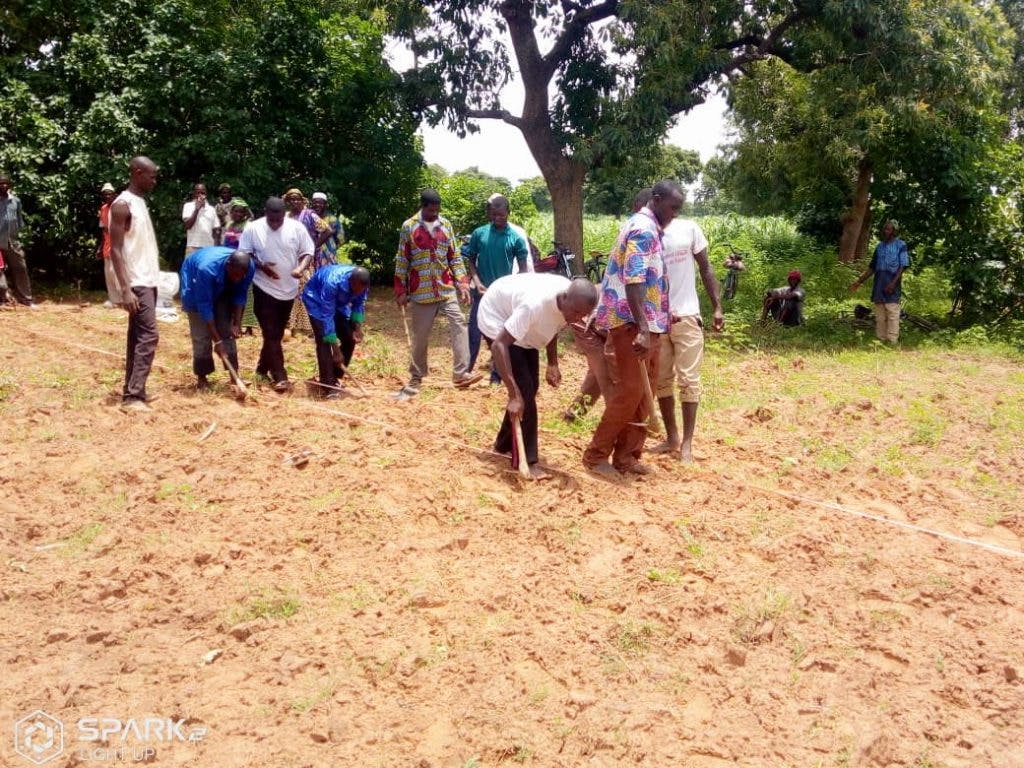
- Sustainably increase agricultural productivity and incomes
- Adapt and build resilience to climate change
- Reduce and/or remove greenhouse gas emissions, where possible.
Third, the group of farmers adopts the CSA techniques they have learned. In the Elevating Women and Youth Farmers project, farmers are reducing soil erosion through contour bounding, a technique of plowing at a right-angle to the slope and reducing water run-off with unplowed strips in between sections of the field. They are also planting dual-purpose crops, like sorghum. People eat the sorghum grains (typically as flour) and the farmers feed the stalks and leaves to their goats.